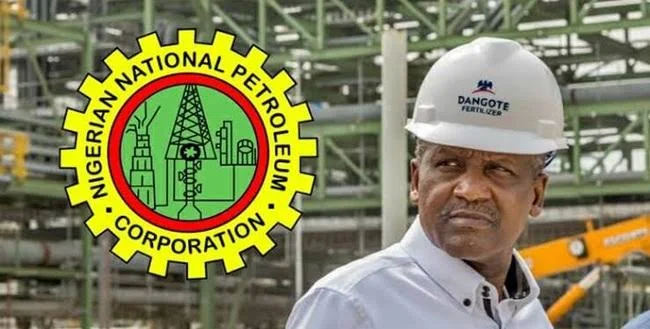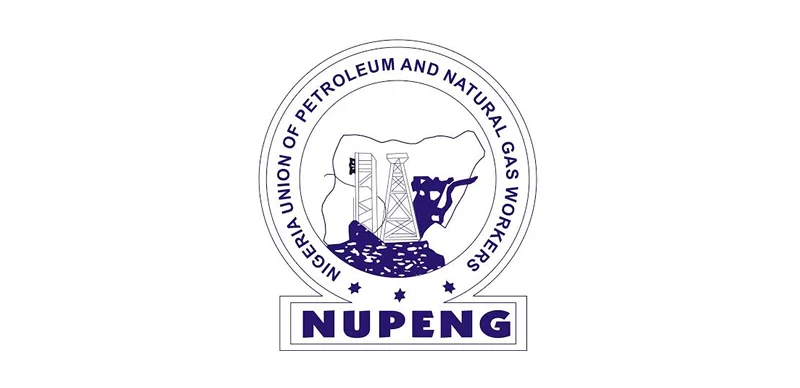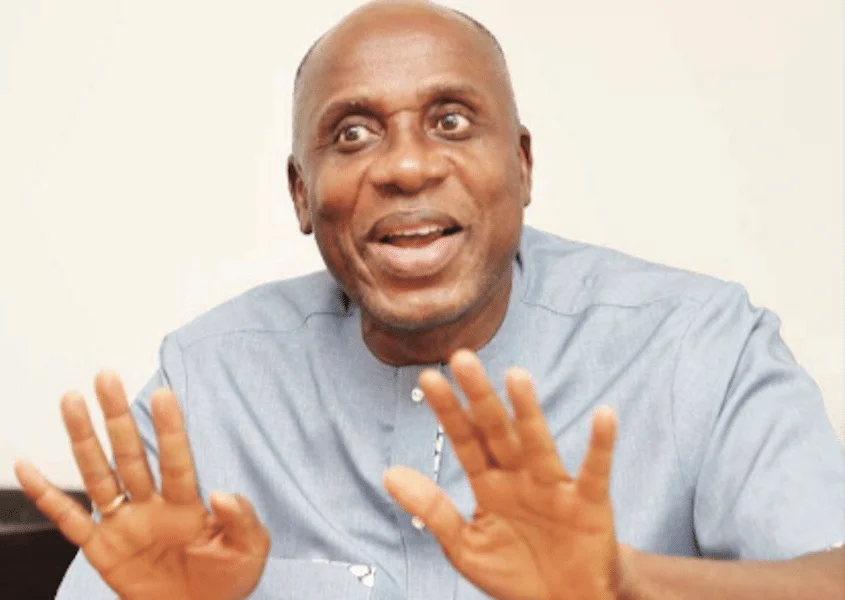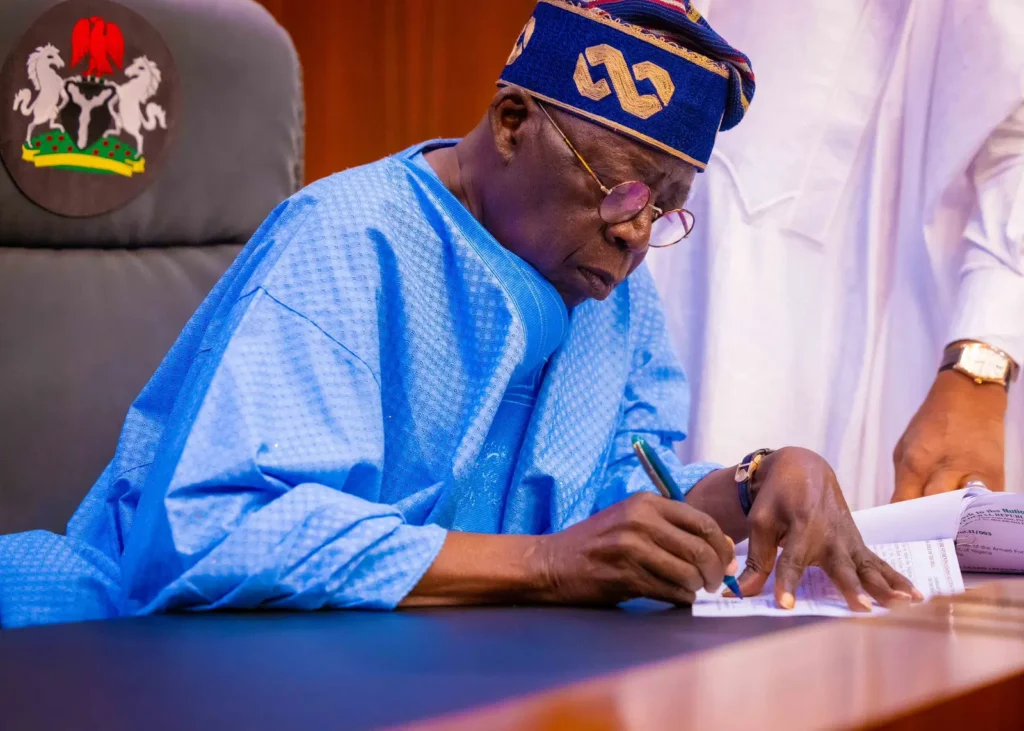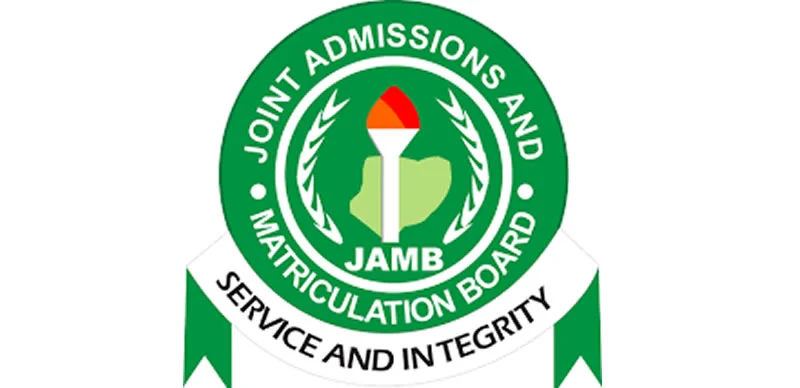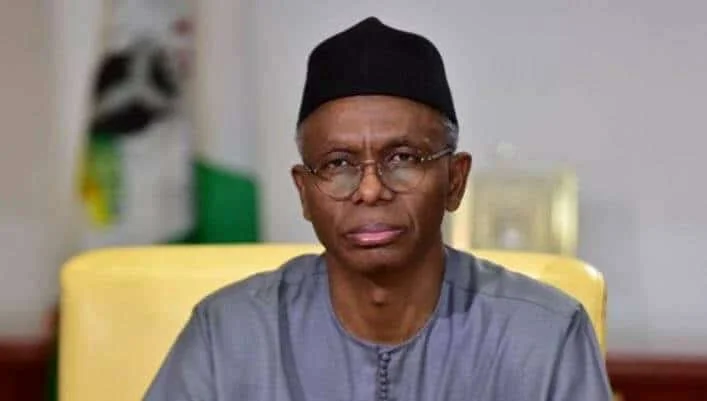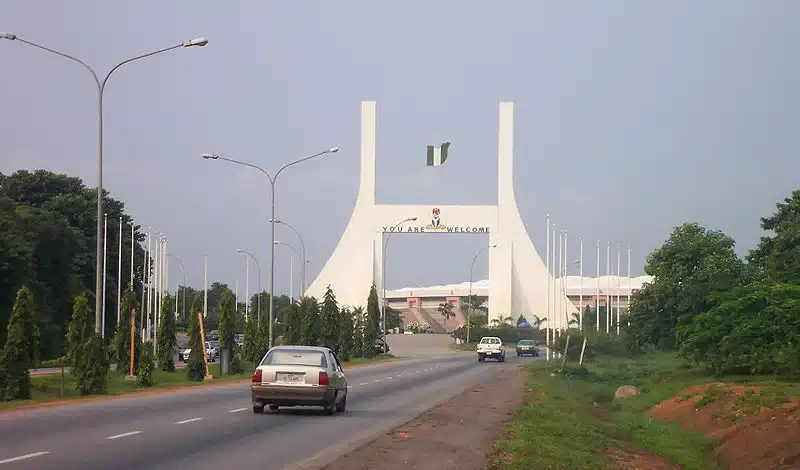In a move that has shocked Nigeria’s digital and creative economy ecosystem, President Bola Ahmed Tinubu on Monday ordered the immediate dismissal of Fegho John Umunubo, the Special Assistant to the President on Digital and Creative Economy in the Office of the Vice President.
But this wasn’t just a routine administrative decision.
This was a calculated political purge—and it may have just rattled the foundation of Nigeria’s tech and creative aspirations.
No Explanation. No Successor. Just a Warning.
What made the announcement more controversial wasn’t just its swiftness—it was the ominous disclaimer attached: “Mr. Umunubo no longer represents the administration in any capacity. Anyone who continues to associate with him as such does so at their own risk.” — the presidential statement echoed.
That’s not just an HR update. That’s a political body blow.
This kind of public severing, usually reserved for disgraced officials or political turncoats, begs the question:
What did Fegho do?
Or more importantly…
Who did he offend within the corridors of power?
The Man Behind the Curtain: Who Is Fegho John Umunubo?
Fegho Umunubo isn’t a household name — but he’s been an influential player behind the scenes.
As the SA on Digital and Creative Economy, his role touched:
* Startups and venture funding
* Youth digital literacy programs
* Creative industry regulation
* Digital policy frameworks for job creation
In many ways, he was one of the few bridges between the government and Nigeria’s booming Gen Z innovation class, the coders, content creators, filmmakers, and digital entrepreneurs defining Africa’s new global identity.
Which is why his removal, without reason, is setting off alarm bells.
Is There a Power Struggle in Tinubu’s Inner Circle?
Multiple insiders suggest that Umunubo’s downfall may not be about incompetence — but about politics, ambition, and internal rivalry.
Some unconfirmed theories floating within Aso Rock include:
* Clashes with more powerful aides over access to VP Shettima
* Tensions with industry gatekeepers resistant to disruption
* Pushback against perceived “youth dominance” in policy direction
It’s no secret that Nigeria’s power elites often view the tech and creative sectors with suspicion, too fast, too loud, too democratic.
Could Fegho have been a victim of his proximity to real change?.
A Digital Economy Now in Limbo
Umunubo’s exit leaves Nigeria’s digital economy leadership in disarray — and at a time when billions of dollars are at stake.
Remember:
* The administration announced a $671 million tech and creative investment fund in 2024
* Programs like 3MTT, NYIF, IDICE are supposed to reach millions of young Nigerians
* Tinubu’s own speeches have placed the digital economy at the heart of his job creation strategy
So why gut the engine room?
Also Read: Drama As El-Rufai Answers Police Invitation With Petition
Unless the government moves swiftly to appoint a credible, experienced, and independent-minded successor, it risks:
* Investor apathy
* Erosion of trust with local tech innovators
* Backlash from the very youth it swore to empower
A Bigger Trend: Is Tinubu Backtracking on Youth-Driven Reform?
Let’s be brutally honest: this isn’t an isolated incident.
Since taking office, Tinubu has repeatedly signaled support for youth-led innovation. But critics argue that beneath the surface, there’s a quiet rollback happening:
* Youth-focused policies stalled or underfunded
* Delays in digital legislation
* Inconsistent engagement with the creative community
Umunubo’s removal — and the aggressive language used — may be the clearest sign yet that progressive voices inside the administration are being muzzled.
What Happens Now?
The Presidency remains tight-lipped. There is:
* No successor announced
* No official explanation
* No roadmap for continuity
That leaves stakeholders, from tech startups to Nollywood, in a dangerous state of uncertainty.
In the fast-paced world of tech and creative production, vacuum kills momentum. And Nigeria cannot afford another missed opportunity while other African nations — like Kenya, Rwanda, Ghana, and South Africa — race ahead with digital-first policies.
Political Realignment or Strategic Regression?
President Tinubu may think he’s just cleaning house. But by sacking one of his key youth-tech emissaries without clarity, he risks alienating the very demographic that helped shape his digital economy vision.
Worse, he sends a dangerous message: even merit won’t protect you in this system.
In a world driven by innovation, speed, and trust, this kind of old-school politicking feels not only outdated, but dangerously counterproductive.
Nigeria’s future may be digital, but who’s really in control of that future?
The answer may have just changed.



